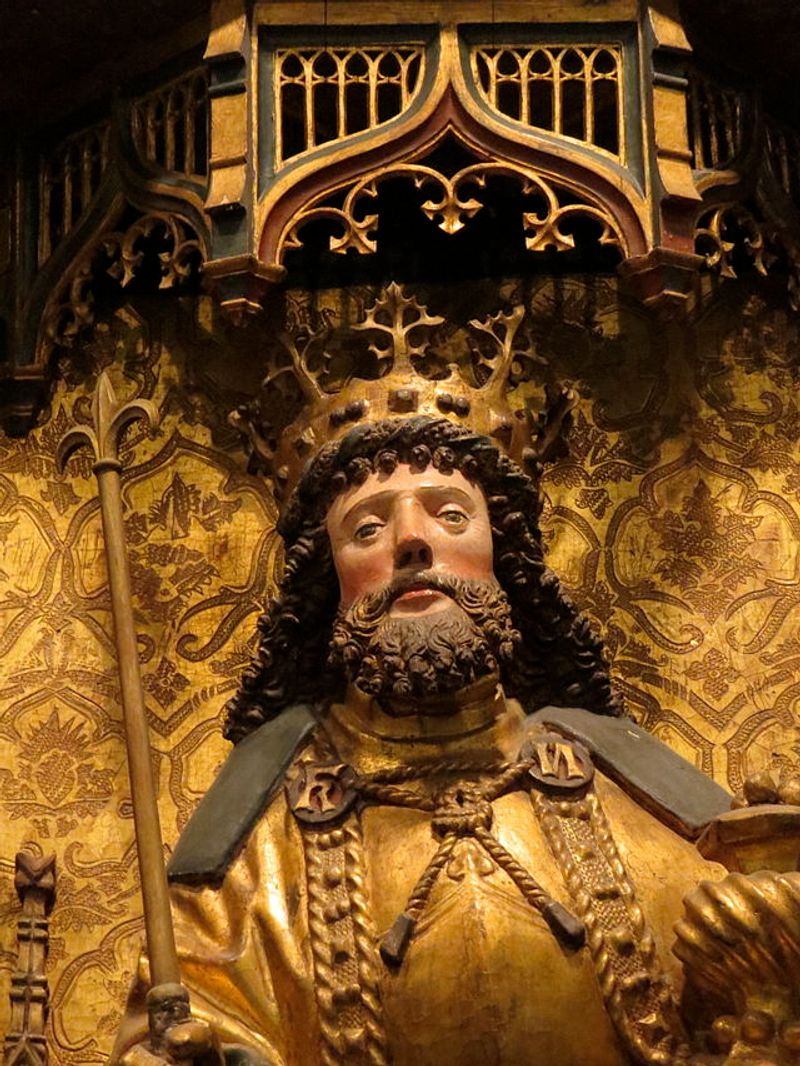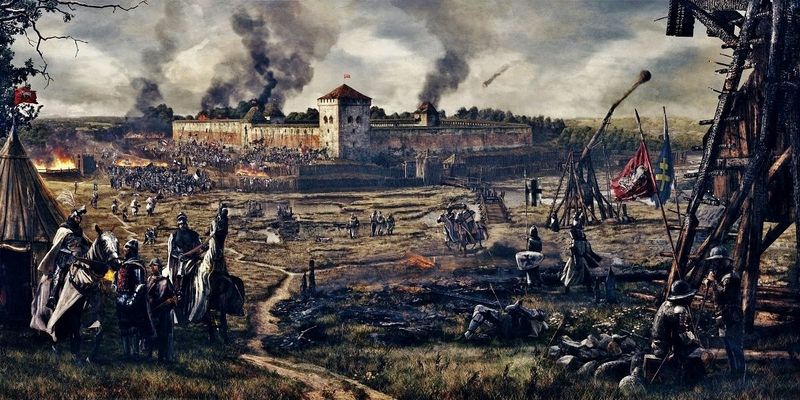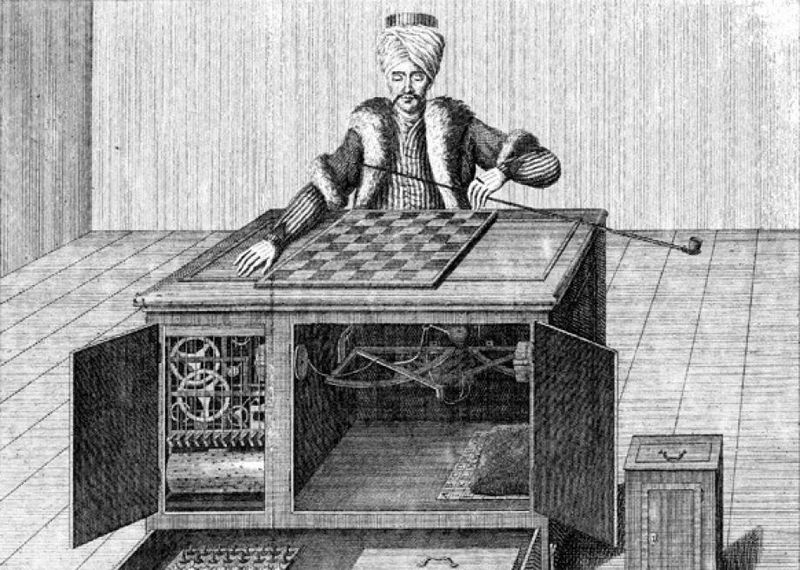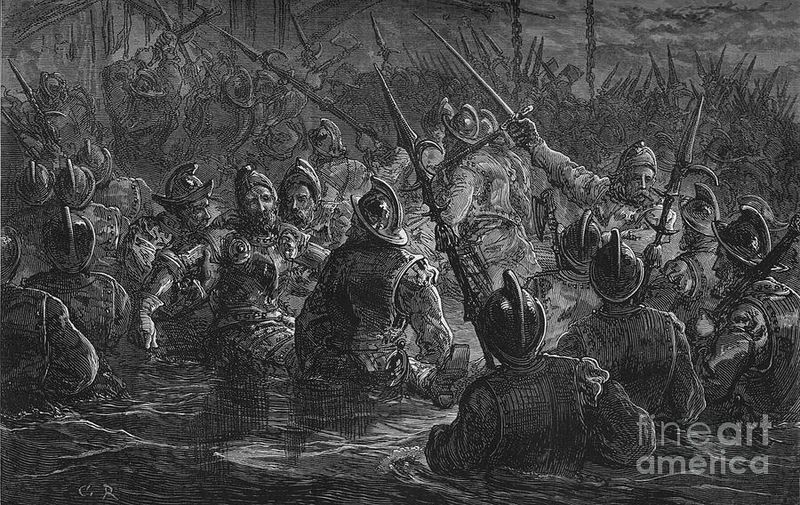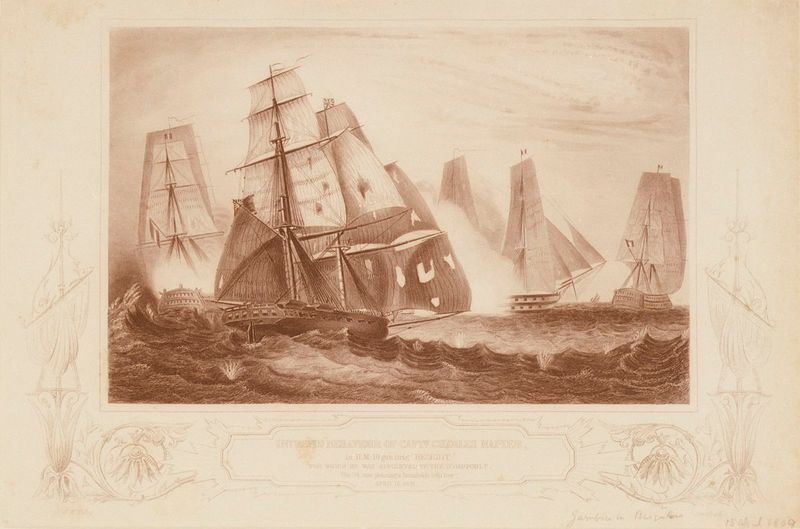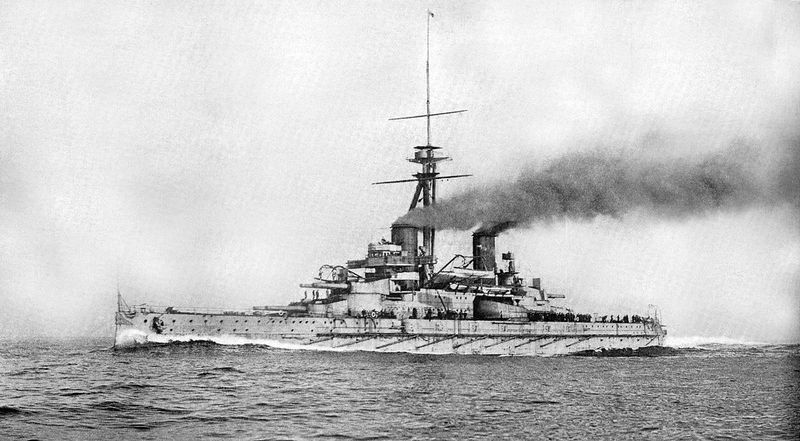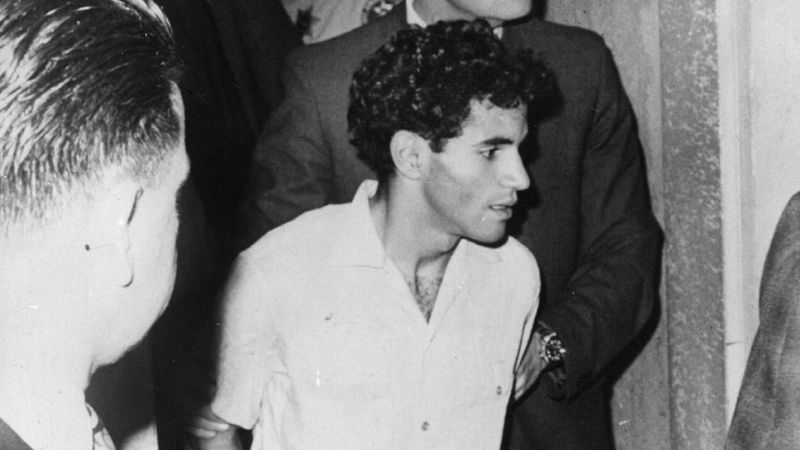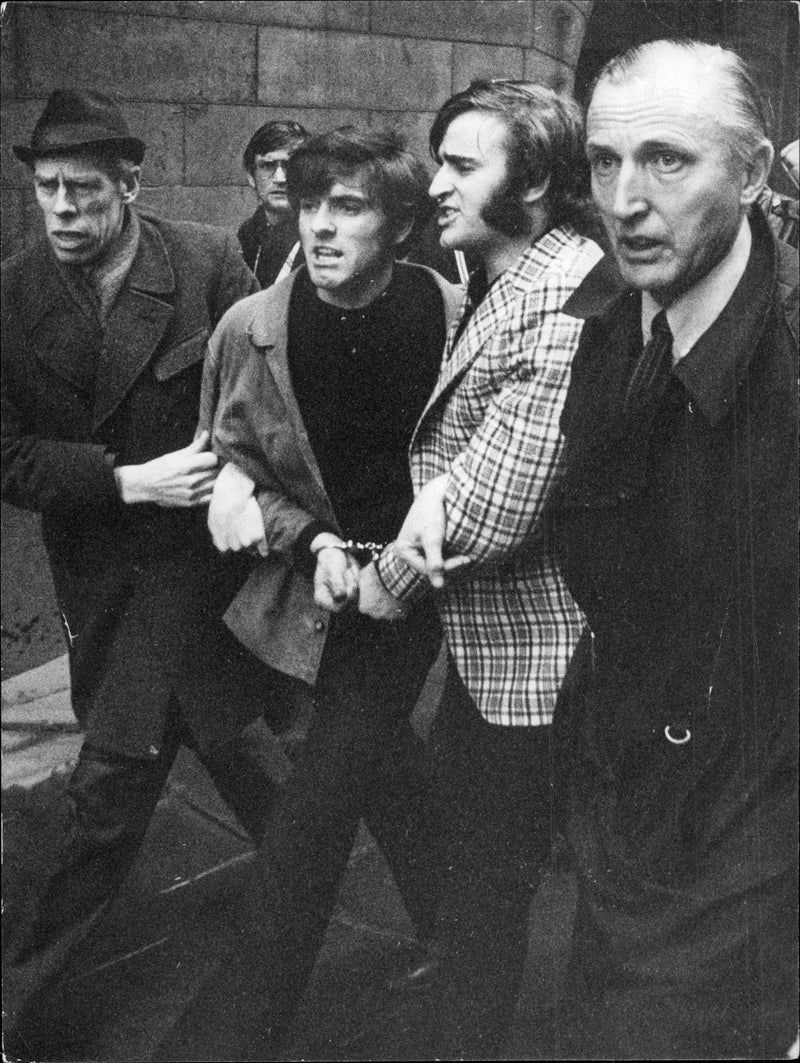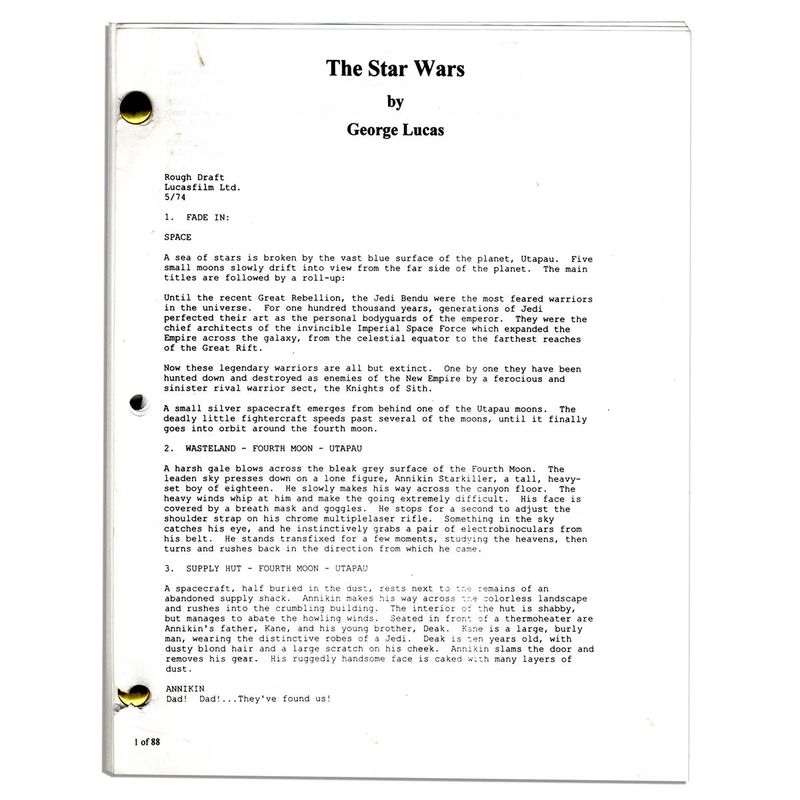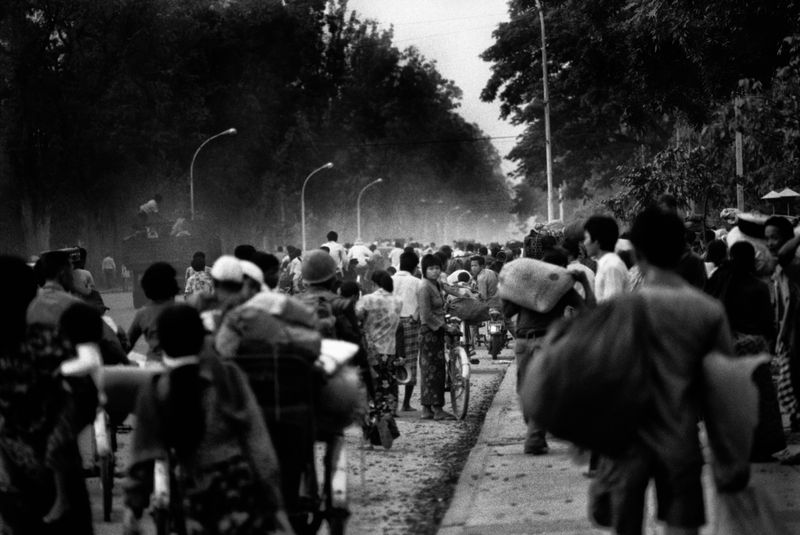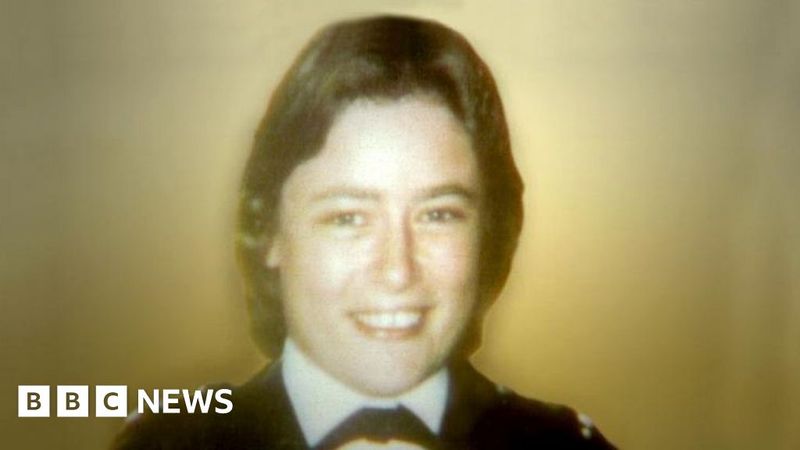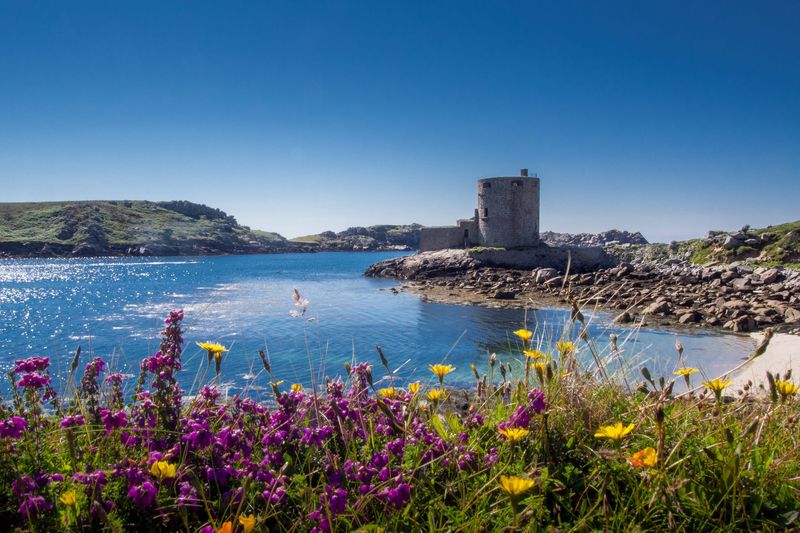April 17th stands as a day etched with remarkable events that have shaped history across centuries. From pivotal battles and political upheavals to cultural milestones and astronomical discoveries, this date has witnessed a rich tapestry of happenings.
Join us as we journey through time to explore 14 fascinating stories that unfolded on April 17, each leaving an indelible mark on the world.
1. 1080 – Canute IV Becomes King of Denmark
In the year 1080, Canute IV ascended to the throne of Denmark, following the death of his brother Harald III. His reign marked a significant shift in Danish history. Known for his ambitious nature, Canute sought to strengthen the monarchy’s power. He implemented reforms that tightened royal control over the church and the nobility.
Despite his efforts, Canute’s reign was cut short when he was assassinated in 1086, ending his dream of consolidating power. This brutal end highlighted the tensions between the crown and the nobility, leaving a lasting legacy in Danish governance.
2. 1362 – Kaunas Castle Falls to the Teutonic Order
In 1362, the imposing Kaunas Castle fell to the Teutonic Order after a relentless month-long siege. This event was part of the broader Lithuanian Crusade, a series of military campaigns aimed at converting pagans to Christianity. The Teutonic Knights, clad in their distinctive white mantles emblazoned with black crosses, stormed the castle with determination.
The fall of Kaunas Castle was a stark reminder of the era’s turbulent power struggles. It demonstrated the military might of the Teutonic Order, who continued to expand their influence across the Baltic region during this period.
3. 1783 – The Mechanical Turk Begins Its European Tour
The Mechanical Turk, a marvel of 18th-century engineering, began its European tour in 1783. Created by Wolfgang von Kempelen, this chess-playing automaton captivated audiences with its seemingly autonomous moves. Unbeknownst to many, a hidden human chess master operated the device, adding an element of intrigue.
The Turk’s tour was a testament to the fascination with automatons and the burgeoning field of robotics. It sparked debates about human intelligence and machine capabilities. Its legacy endured, influencing the development of artificial intelligence and inspiring future generations of inventors.
4. 1797 – British Invasion of San Juan, Puerto Rico
In April 1797, British forces led by Lieutenant-General Ralph Abercromby attempted to seize San Juan, Puerto Rico. This invasion was part of the broader conflict of the French Revolutionary Wars. The British aimed to weaken Spanish colonial power by capturing the strategic port city.
Despite initial success, the British faced fierce resistance from the Spanish defenders. Ultimately, the invasion failed, showcasing the resilience of the local forces. This event became a symbol of Puerto Rico’s determination to defend its land, and it remains a celebrated moment in the island’s history.
5. 1809 – Capture of the French Ship D’Hautpoul
The capture of the French ship D’Hautpoul in 1809 was a dramatic naval encounter during the Napoleonic Wars. Commanded by Alexander Cochrane, a British squadron pursued and captured the French vessel after a tense three-day chase off the coast of Puerto Rico.
This triumph underscored British naval supremacy and demonstrated the strategic importance of controlling sea routes. The capture of D’Hautpoul was a significant blow to French maritime ambitions, bolstering British morale and contributing to their continued dominance at sea during the Napoleonic era.
6. 1907 – Minas Geraes Laid Down
In 1907, the keel of the Brazilian battleship Minas Geraes was laid down, marking the beginning of a naval arms race in South America. As the first dreadnought battleship in the region, Minas Geraes symbolized Brazil’s aspiration to become a maritime power.
The ship’s construction spurred similar developments in neighboring countries, leading to increased tensions and military competition. The Minas Geraes project highlighted the global reach of naval technology and the shifting balance of power in the early 20th century, as nations sought to assert their influence on the world stage.
7. 1951 – Designation of the Peak District as the First UK National Park
In 1951, the stunning landscapes of the Peak District were officially designated as the United Kingdom’s first national park. This landmark decision paved the way for the conservation of natural beauty, ensuring that the area’s rolling hills and picturesque views would be protected for future generations.
The designation was a testament to growing environmental awareness and the desire to preserve nature’s splendor. It set a precedent for the creation of additional national parks in the UK, fostering a legacy of environmental stewardship and appreciation for the country’s rich natural heritage.
8. 1969 – Conviction of Sirhan Sirhan for the Assassination of Robert F. Kennedy
The trial of Sirhan Sirhan in 1969 captivated the nation as he was convicted for the assassination of Robert F. Kennedy, the charismatic senator and presidential hopeful. The courtroom was filled with tension as the jury delivered its verdict, finding Sirhan guilty of the high-profile murder.
The assassination had sent shockwaves through the United States, altering the political landscape. Sirhan’s conviction underscored the nation’s grappling with violence and the pursuit of justice. It remains a poignant chapter in American history, reflecting the era’s turbulent socio-political climate.
9. 1971 – Attack on the Yugoslav Embassy in Stockholm
On a tense day in 1971, the Yugoslav embassy in Stockholm became the site of a violent attack by Ustaše-affiliated Croatian separatists. The assault, which resulted in the fatal shooting of Ambassador Vladimir Rolović, highlighted the deep-seated political tensions in the Balkans.
The incident drew international attention, underscoring the volatile nature of regional conflicts and the far-reaching impact of political ideologies. It served as a stark reminder of the lengths to which individuals and groups would go to pursue their cause, leaving a lasting impression on diplomatic relations.
10. 1973 – George Lucas Begins the Star Wars Saga
In 1973, a young filmmaker named George Lucas set pen to paper, crafting a 13-page treatment that would lay the foundation for the iconic Star Wars saga. This moment marked the beginning of a cultural phenomenon that would captivate audiences worldwide.
Lucas’s vision, rich with imaginative worlds and compelling characters, sparked a new era in science fiction cinema. The Star Wars saga not only redefined the genre but also revolutionized special effects and film merchandising. Its enduring legacy is a testament to the power of storytelling and the limitless possibilities of imagination.
11. 1975 – Khmer Rouge Capture Phnom Penh
The fall of Phnom Penh in 1975 marked a pivotal moment in Cambodian history. As Khmer Rouge forces seized the city, the Cambodian Civil War came to an end, ushering in the regime of Democratic Kampuchea.
This takeover signaled the beginning of a brutal era characterized by widespread atrocities and human rights abuses. The events that unfolded in Phnom Penh served as a grim reminder of the devastating impact of political upheaval. It remains a somber chapter in the nation’s history, reflecting the profound struggles and resilience of its people.
12. 1984 – Death of Officer Yvonne Fletcher
In 1984, the streets of London witnessed a tragic event when Metropolitan Police officer Yvonne Fletcher was fatally shot during a protest outside the Libyan embassy. Her untimely death triggered an 11-day siege, drawing international headlines and creating diplomatic tensions between the UK and Libya.
Yvonne Fletcher’s legacy endures as a symbol of bravery and the sacrifices made by law enforcement officers. Her death highlighted the complexities of international relations and the often-unforeseen consequences of political actions, leaving a lasting impact on British policing history.
13. 1986 – Peace Between the Netherlands and the Isles of Scilly
In a whimsical twist of history, 1986 saw the formal declaration of peace between the Netherlands and the Isles of Scilly. This agreement ended an alleged 335-year war, which, curiously, was fought without a single shot fired.
The peace ceremony was a lighthearted acknowledgment of historical oversight, highlighting the peculiarities of international relations. It offered a moment of levity and a reminder of the importance of dialogue in resolving conflicts. This unique event is celebrated as an amusing anecdote in diplomatic history, demonstrating the enduring power of peaceful resolutions.
14. 2014 – NASA Announces Discovery of Kepler-186f
In 2014, NASA captured the world’s imagination with the announcement of Kepler-186f, the first Earth-sized exoplanet discovered in the habitable zone of its star. This groundbreaking discovery expanded the possibilities of finding life beyond our planet.
Kepler-186f, orbiting a red dwarf star, offered tantalizing prospects for extraterrestrial exploration and understanding planetary systems. It was a landmark moment in space exploration, inspiring scientists and dreamers alike to ponder the mysteries of the universe and the potential for life on other worlds. The announcement marked a new chapter in the search for extraterrestrial life.

